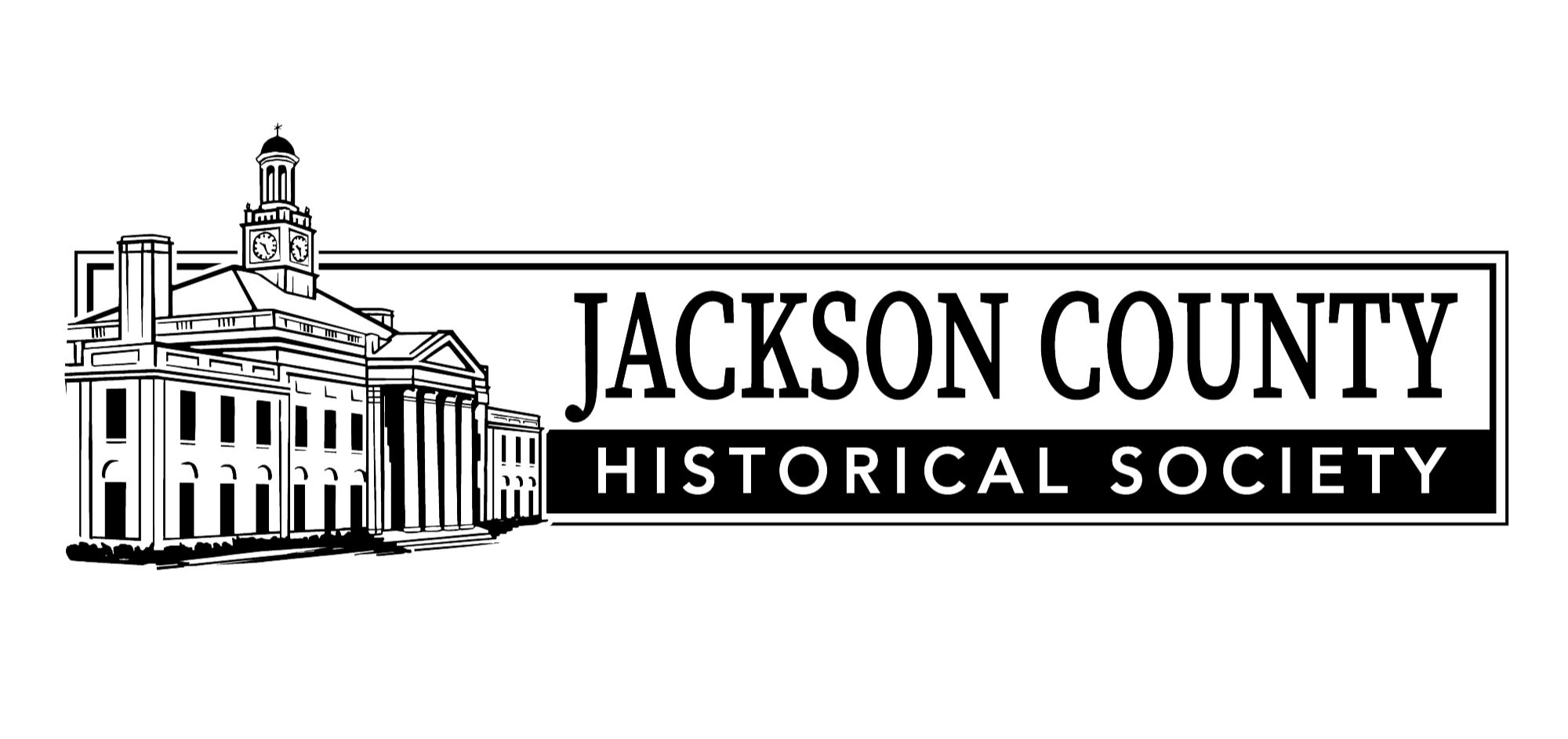Tips and Tricks: Genealogy
By Savannah LoreFamily History, or Genealogy, can open doors to stories you never imagined. While genealogy might be focused on family history, you will have to research a lot of different areas of history to answer some basic questions. This can seem like a lot to handle, but I am going to share a few things I wish everyone knew about genealogical research.
Start mapping what you think you know first. This can be as simple as filling out a family history chart (check out these from Mid-Continent Public Library). This will tell you where you should start and what you are trying to find out. This should also be the time you interview your family members. Ask them what they remember and what information they have. Be sure to record this information to help with your research down the line.
Once you are ready to start researching, have a goal in mind. Start with tracking one line of your family first. There are a lot of resources out there, so having a narrow goal in mind will help you not get overwhelmed.
Track your sources. Find a good method of recording what you find, and where you found it. This could be hand written notes, organized into binders or it can be digital files saved in multiple places. It is important to note everything you can about the source, including where you found it. This will help you find the source again or if you need to cite it to help others find it.
So you found a source, but what if you don’t really know what you are looking at? You might need to do some research on the source itself. For example, researching what information is on a census record will help you make sense of terminology you haven’t seen before. City directories (A list of people and businesses in the city. The phone book before phones!) can also be hard to decode as they had special abbreviations to save space. Many databases and websites have compiled lists of abbreviation for certain historical documents. There are also research reference books online that can help.
U.S. Census Bureau. United States Federal Census, 1850.(National Archives Microfilm Publication M432, 1009 rolls); Records of the Bureau of the Census, Record Group 29; National Archives, Washington, D.C. Ancestry.com.
Shown above is an example of the 1850 census record. The arrow notes Abraham Lincoln’s entry. (Yes, that Abraham Lincoln!) Each census had different questions and different ways to input data. If you want to know what information is on certain census forms, check out the United States Census Bureau website.
The resources are endless for genealogical research.
Ancestry.com: This site is great for looking into census and city directories online. This is usually the first step of genealogical research. Ancestry is easy to use and is digitized in a way to help read older historical documents.
Newspaper Databases: If you know that an obituary for a relative exists, newspaper databases are your best resources. Most public libraries have newspaper databases available to card holders.
NEWS OF THE NORTHWEST: GLEANINGS OF THE TERRITORY TRIBUTARY TO ... Chicago Daily Tribune (1872-1922); Aug 12, 1887; ProQuest Historical Newspapers: Chicago Tribune pg. 6. Here is an example of an obituary from 1887. Not every newspaper will be online. Libraries and archives might have some newspaper collections on microfilm for researchers. Check out their website or give them a call for more information!
State Archives: These are great resources for more official information like birth or death certificates. The Missouri State Archives has a very expansive digital collection to help you research.
Library of Congress or the National Archives: These two organizations have a lot of federal records or history. The National Archives can help you with veteran records or immigration information. The Library of Congress’s Chronicling America has a great selection of historic newspapers from all over the county.
Check out the online resources compiled on a libraries’ or archives’ website. There are many databases that deal with very particular subject material that can help you in your research!
When reaching out to archives, be clear and call before showing up. Calling the archives first will let you know what their policies are and how they can help you. Especially now, during COVID-19, check their website or send an email to know what they are able to do during this time. When requesting help from an archive, be direct. Tell them what you are looking for. “Any information available” does not help limit a search of archives with hundreds of thousands of records. As an archivist, I would want to know: who are you looking for, what time period, what kind of information do you need (photographs, biographical information, etc), what have you searched already. The more information I have about what questions you are answering, the better I can narrow my search.


